Sustainability and Plumbing: Saving Water One Drip at a Time
In an increasingly resource-conscious world, sustainable living is no longer just a choice but a necessity. Among the many aspects of our daily lives that we can make more sustainable, plumbing plays a critical role. With water becoming an ever-more precious resource, the need for sustainable plumbing solutions has never been more urgent. By addressing water waste, particularly from leaks, we can make significant strides in conserving this vital resource.
Water is a finite resource, and its availability is under increasing threat from climate change, population growth, and infrastructure challenges. Around the globe, water scarcity affects billions of people, making it essential to adopt conservation practices. The plumbing industry is uniquely positioned to contribute to these efforts, as efficient water use begins with the systems we rely on daily. From residential homes to large commercial buildings, every drop saved contributes to the preservation of water supplies for future generations. Energy-efficient plumbing installations can make big strides toward sustainable water consumption. This blog post explores the intersection of sustainability and plumbing, illuminating how we can save water one drip at a time.
Leak Prevention
Water leakage is a silent yet pervasive issue in both residential and commercial settings. According to Safe Plumbing, a trillion gallons of water, worth $6 billion, is wasted each year as the result of running toilets, leaking faucets, and other leaks. This staggering statistic highlights the urgent need for comprehensive plumbing checks and proactive measures to prevent leakage. Addressing these leaks not only conserves water but also translates into substantial cost savings on water bills, making it an economically viable sustainability practice for everyone.
Beyond the environmental implications, water leaks hit consumers' wallets hard. Even a seemingly insignificant drip from a tap can waste thousands of gallons annually, significantly inflating water bills. Regular inspections, installing high-quality plumbing materials, and using modern detection systems can help homeowners and businesses identify and address leaks before they become costly problems.
Plumbing Technology
Innovative plumbing technologies offer promising solutions to water waste issues. Low-flow fixtures, smart meters, and water-efficient appliances are becoming increasingly popular plumbing installations as they significantly reduce water usage without compromising performance. For instance, low-flow shower heads and toilets can cut water consumption by nearly half, leading to lower utility bills and less strain on local water resources. By adopting these innovations, households and businesses can make meaningful contributions to water conservation efforts.
Maintenance and Repairs
Regular maintenance and timely repairs are critical components of sustainable plumbing. A small drip from a leaking tap might seem insignificant, but it can lead to a significant accumulation of wasted water over time. Conducting periodic checks of plumbing systems, replacing worn-out washers, and fixing small leaks promptly can prevent long-term water wastage. Education and awareness campaigns emphasizing the importance of repairing even minor leaks can greatly aid in curbing water waste.
Government Policies
The role of policy and incentives cannot be overlooked in promoting sustainable plumbing practices. Governments and local authorities can play a pivotal role by offering rebates and incentives for the installation of water-saving devices and technologies. Public policies that mandate water-efficient standards for new constructions can further bolster efforts to reduce water wastage. Such measures can catalyze the adoption of sustainable plumbing solutions across broader communities, thus scaling the impact of individual actions.
Building Awareness
Community engagement and collaboration are vital for advancing sustainable plumbing initiatives. Building awareness through workshops, seminars, and campaigns can motivate people to take actionable steps towards water conservation. Collaborative efforts among local governments, NGOs, and the private sector can lead to the development of comprehensive programs aimed at reducing water waste in communities. By working together, we can share knowledge, resources, and expertise to implement effective water-saving strategies at larger scales.
The journey towards sustainability is incomplete without attention to
plumbing installations and water conservation. Each drip matters when it comes to preserving our dwindling water resources. Through a combination of innovative technologies, regular maintenance, supportive policies, and community engagement, we can turn the tide on water waste. It is incumbent upon each of us to do our part in ensuring that future generations have access to the clean and abundant water they deserve. By making responsible plumbing choices today, we can secure a more sustainable tomorrow, one drip at a time. Contact Plumb Fit today to discuss maintaining your plumbing system and limiting water wastage!

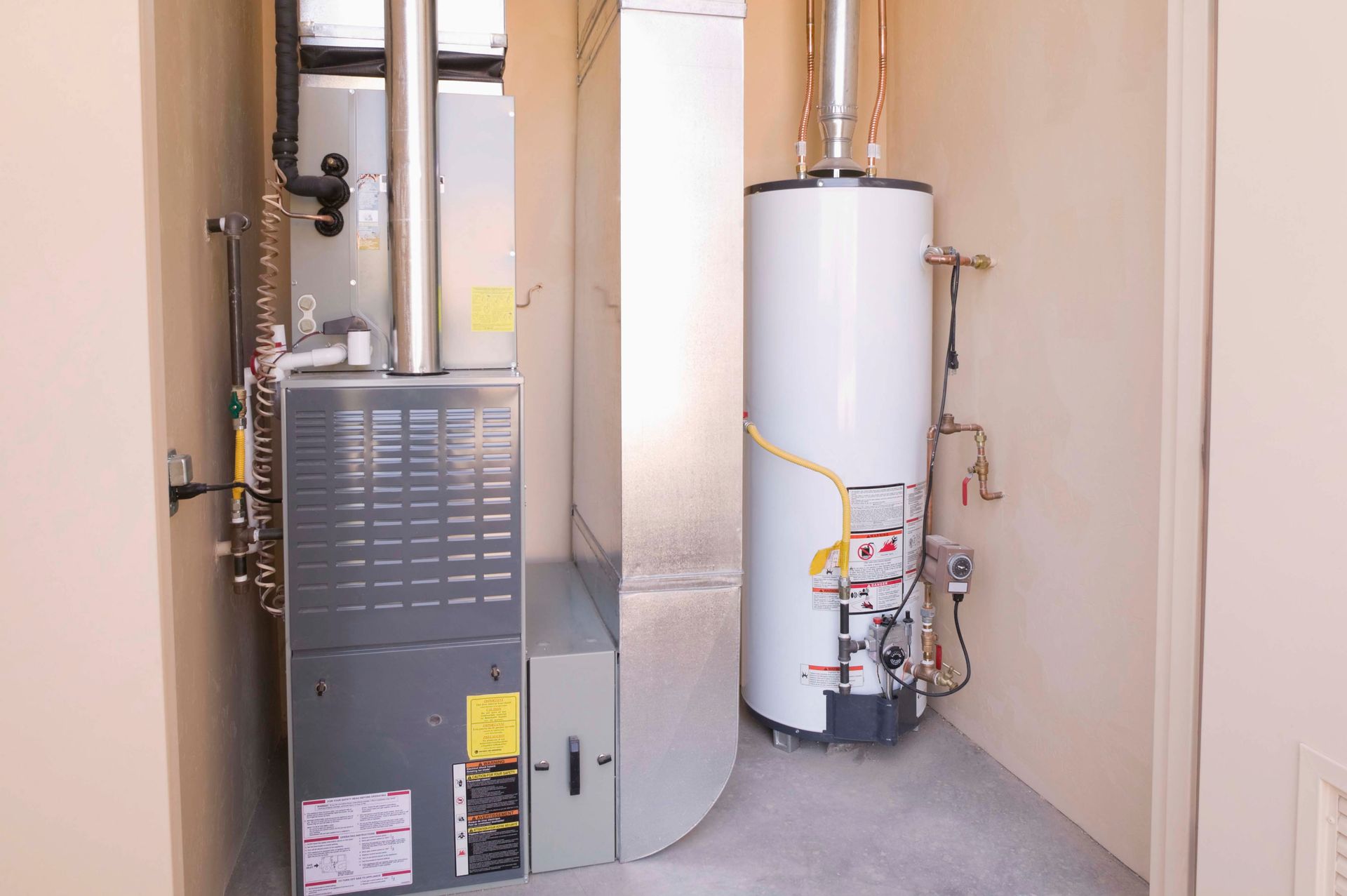
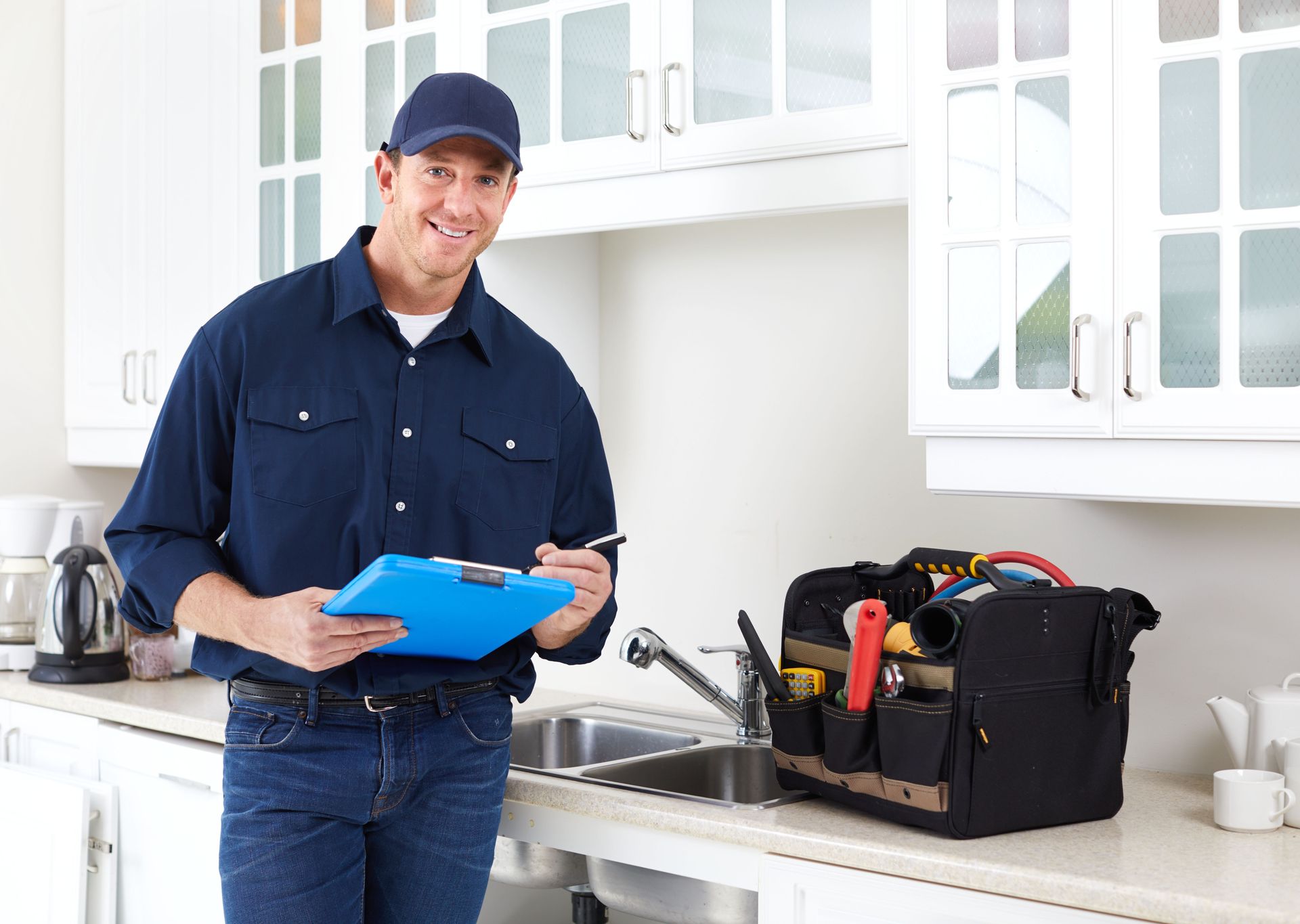
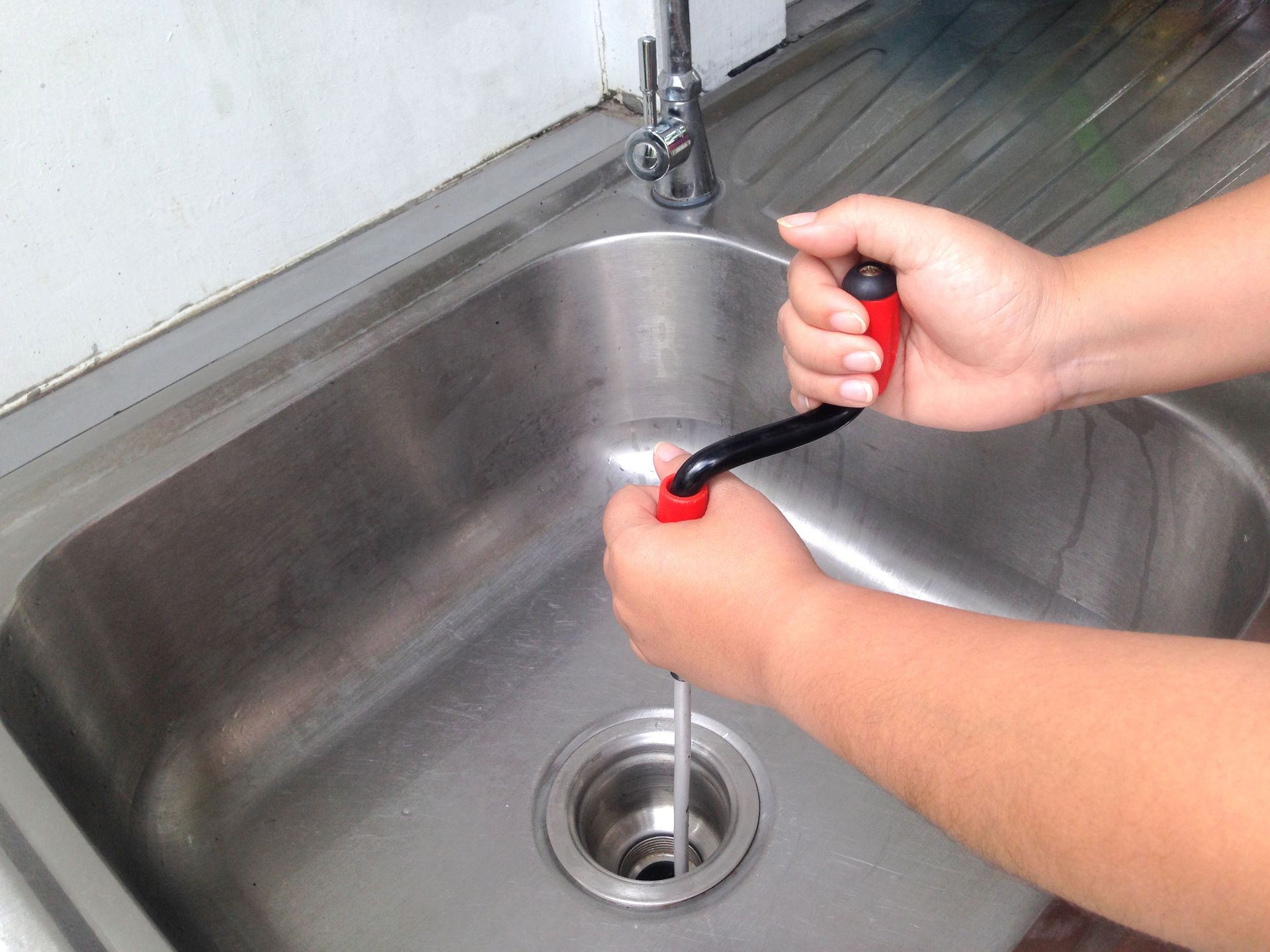
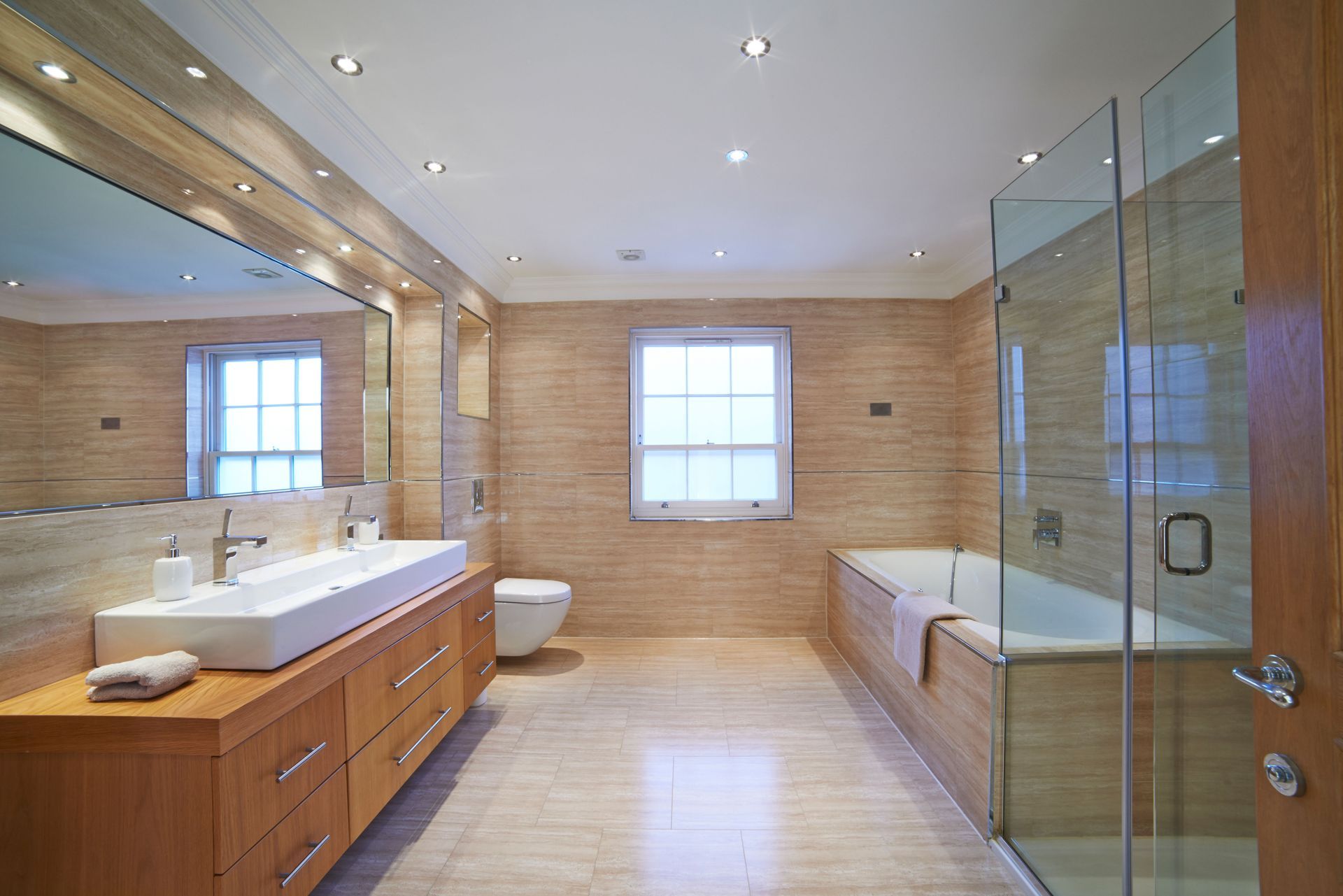
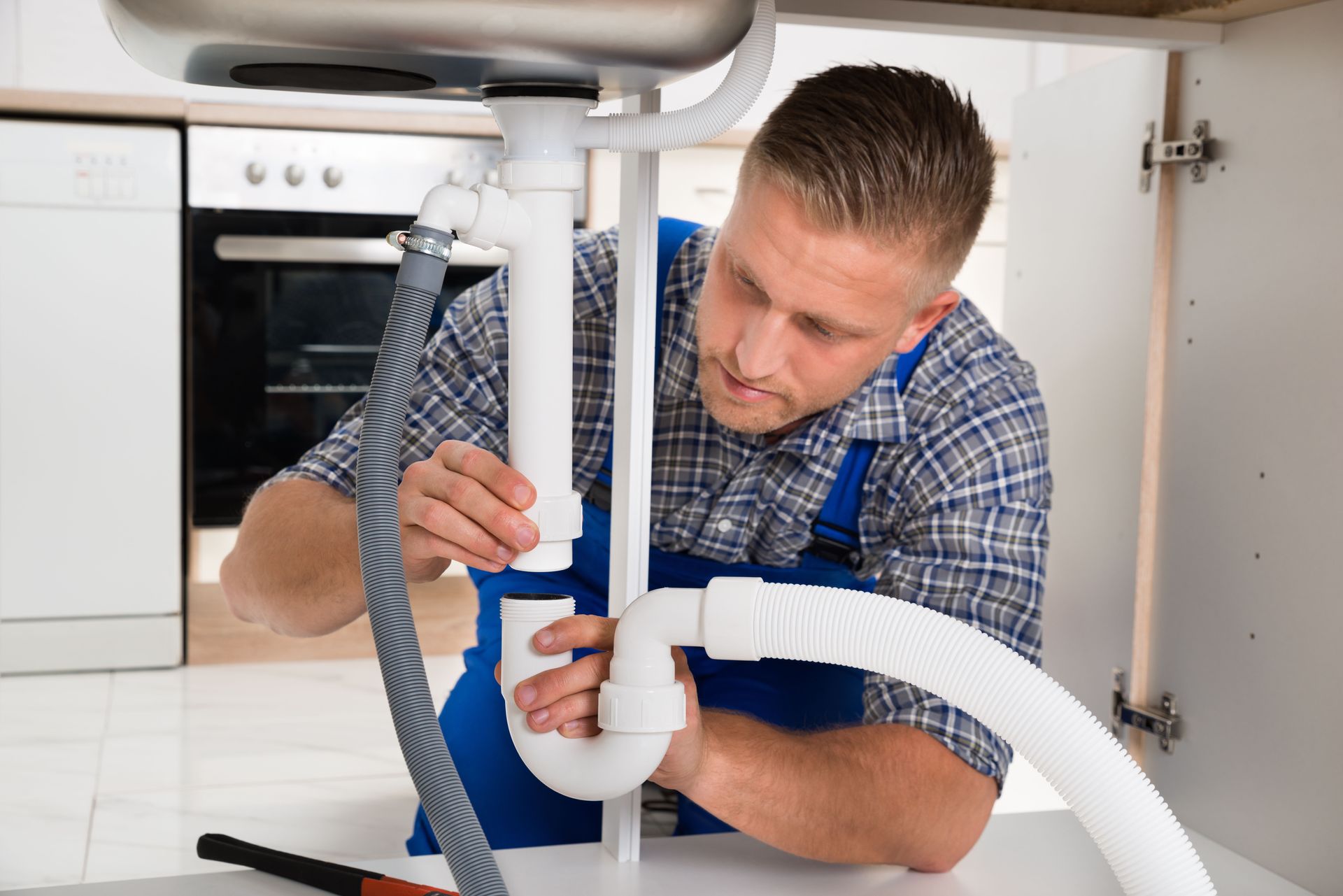
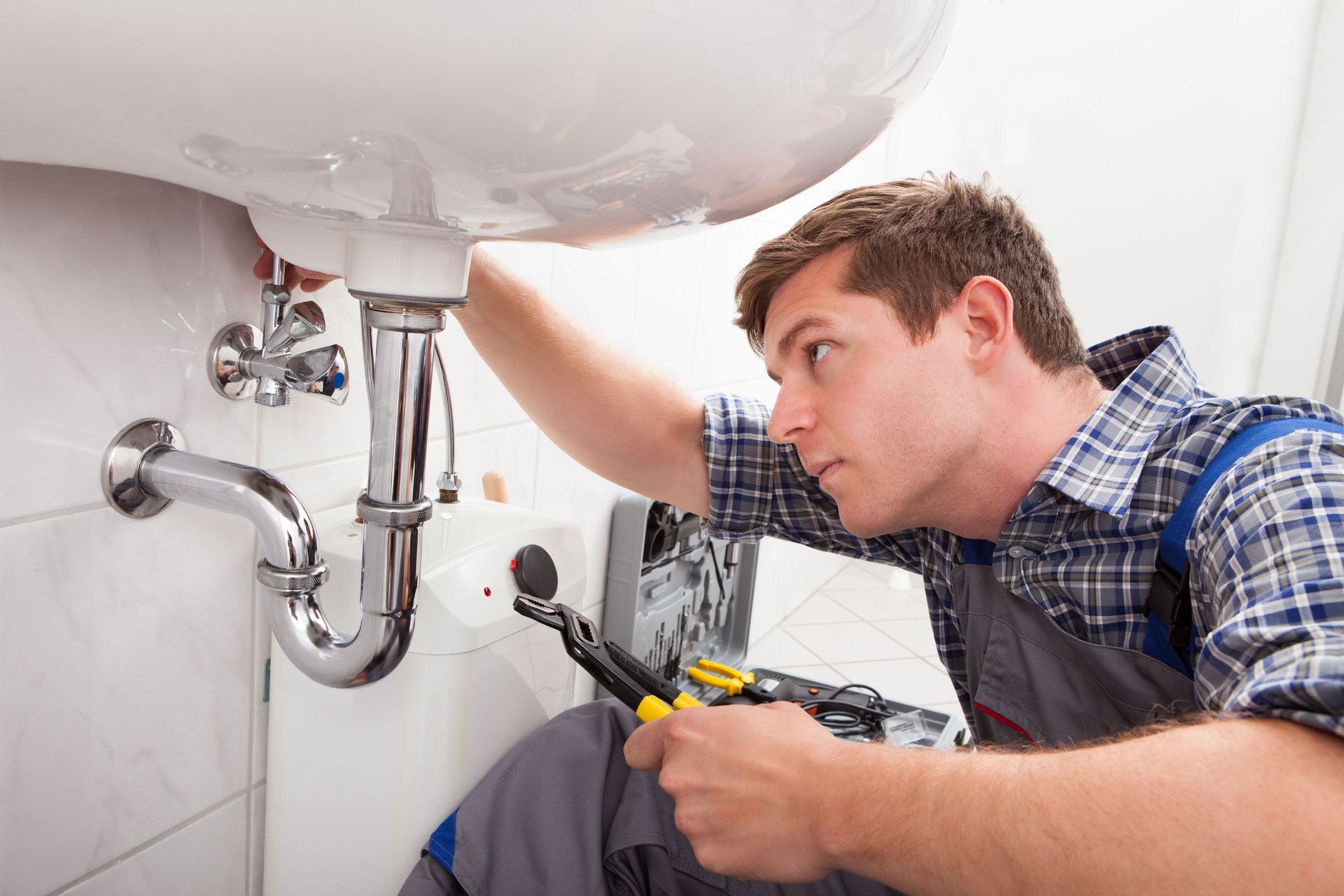
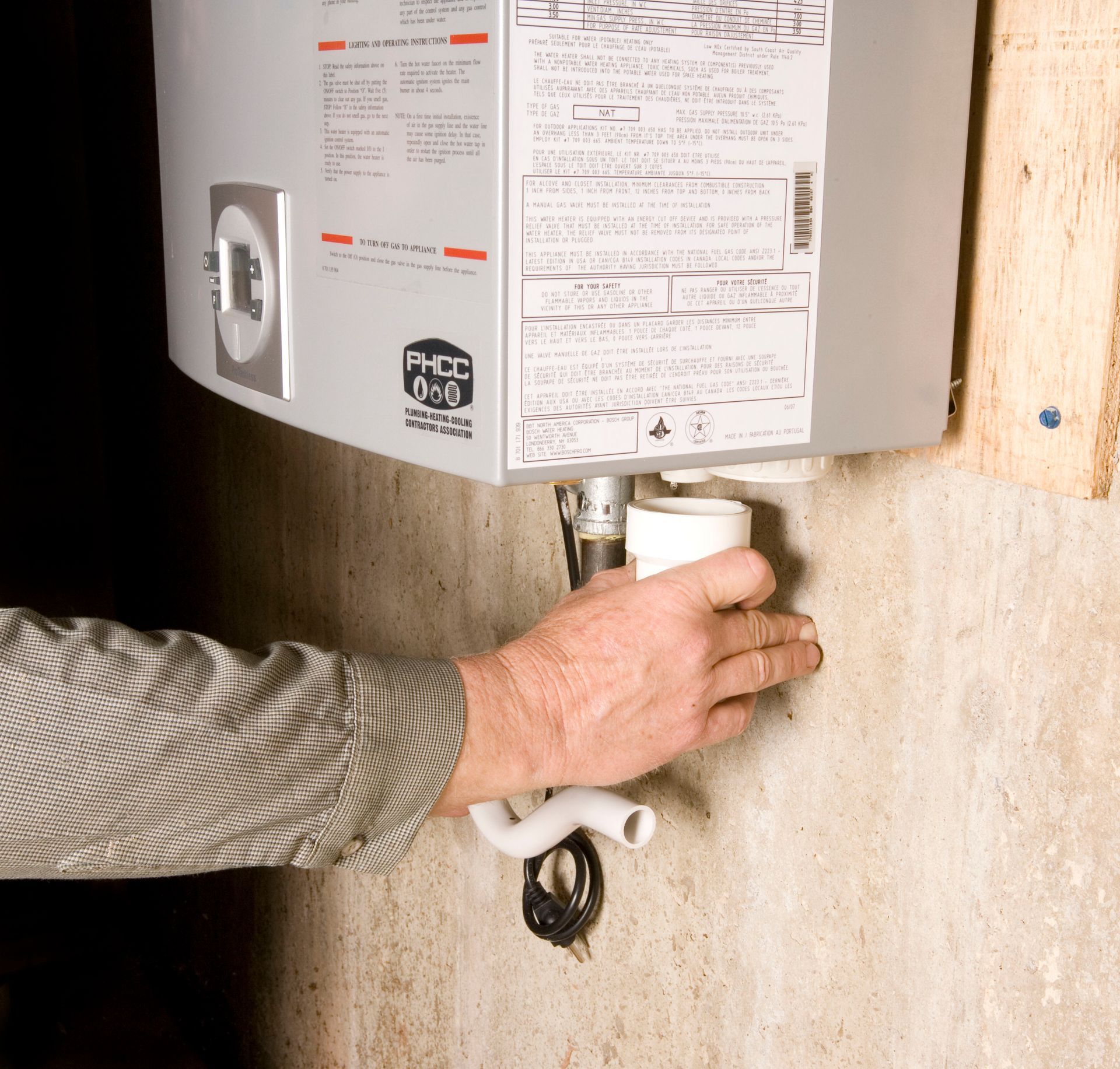
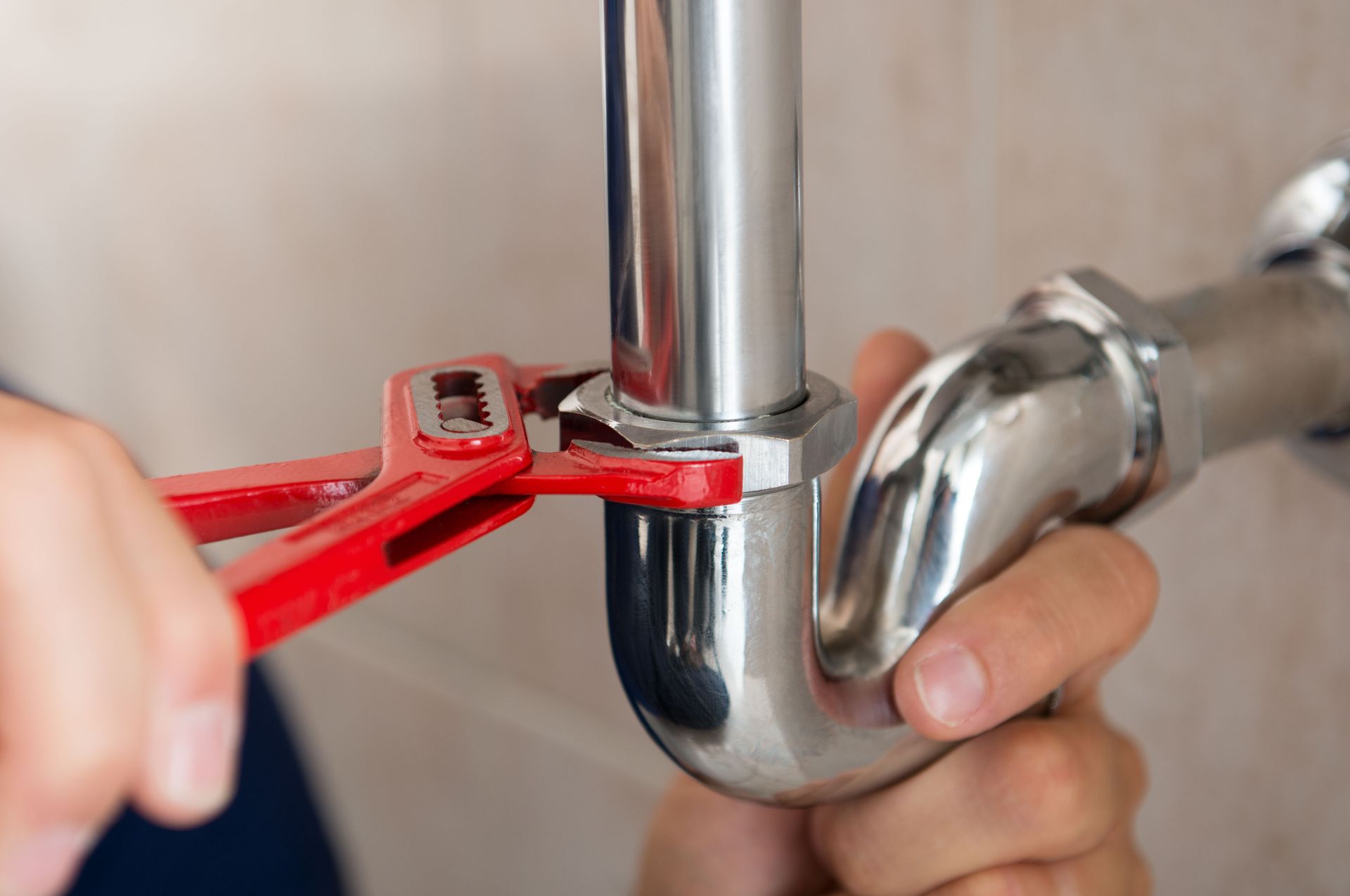
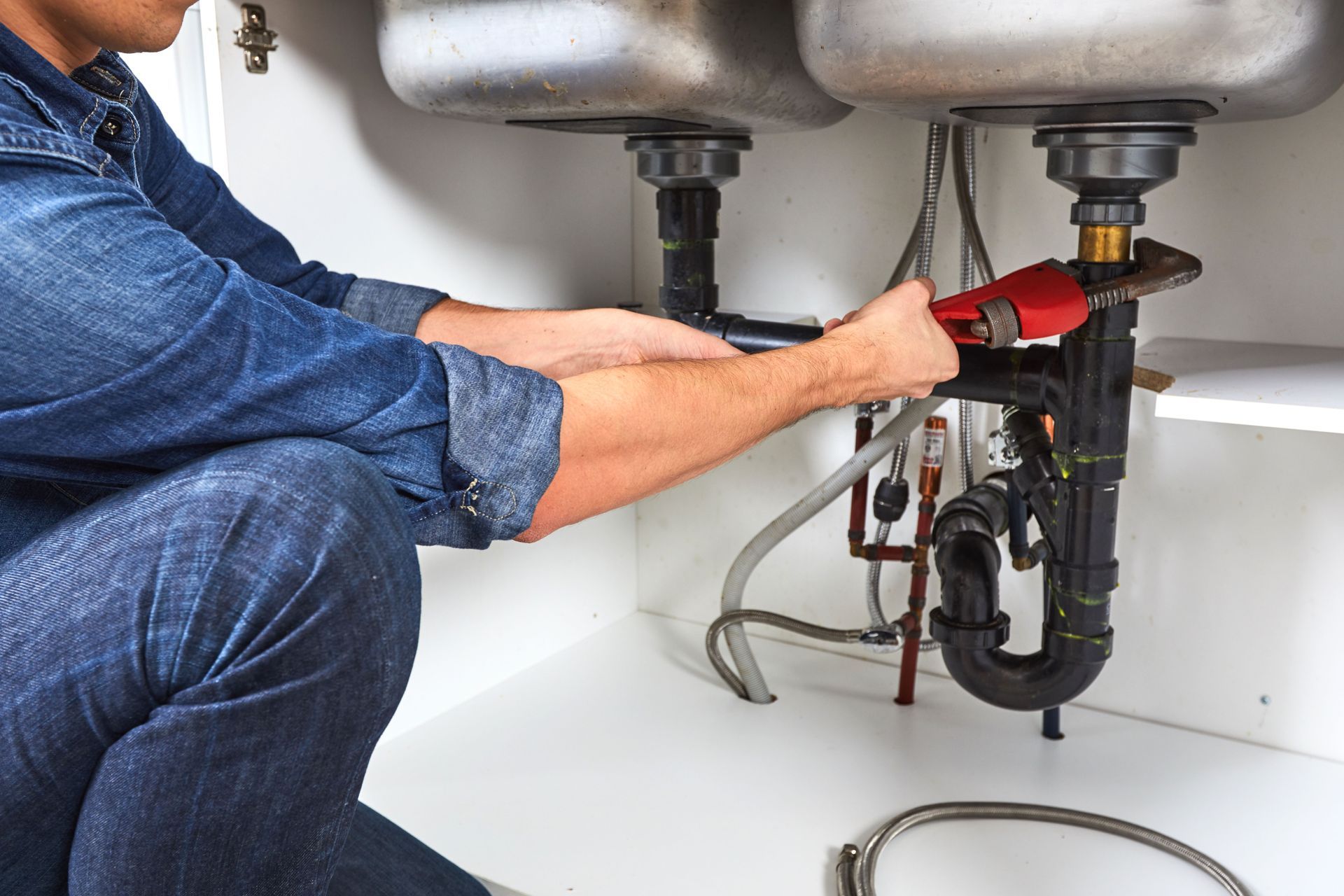
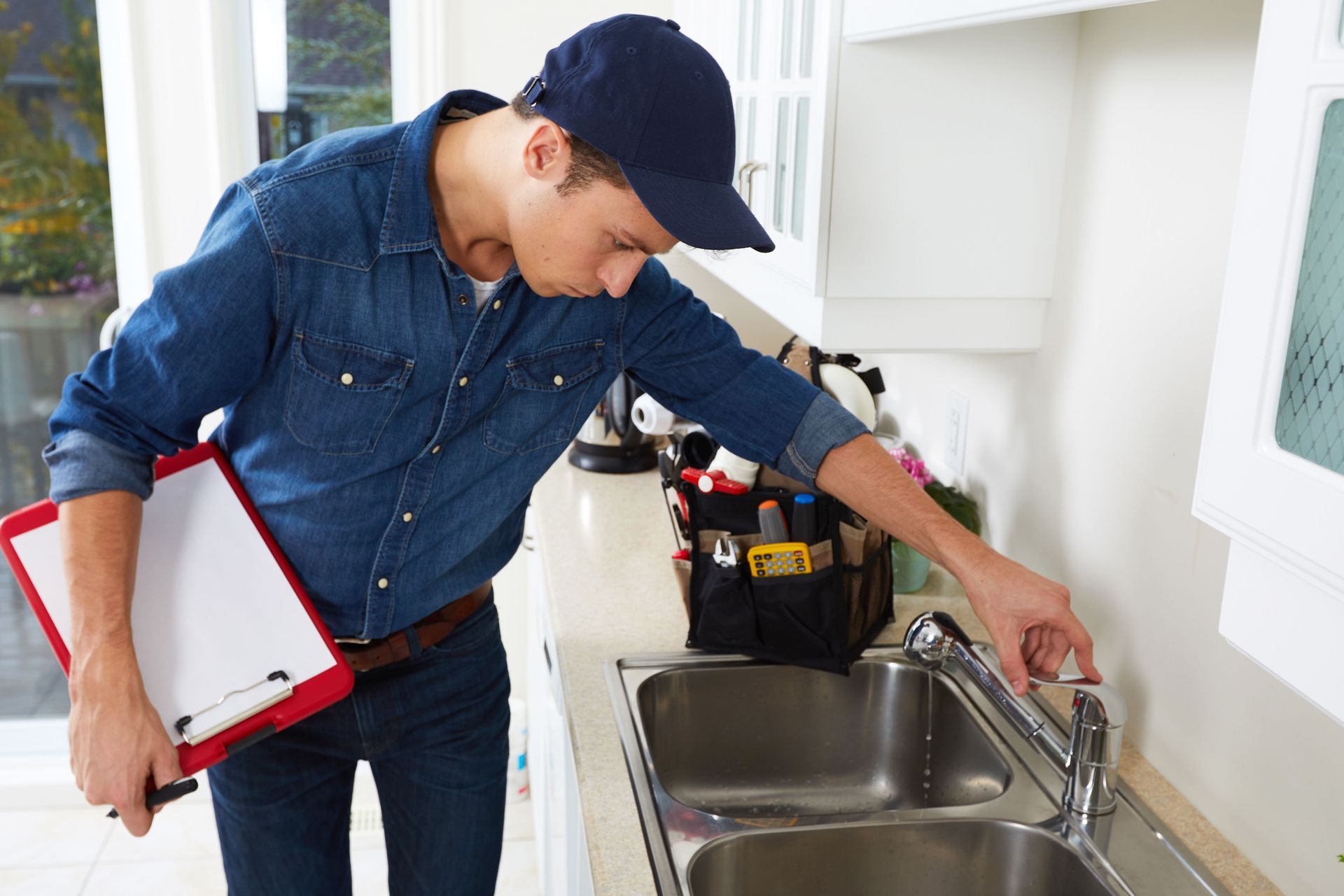
Share On: